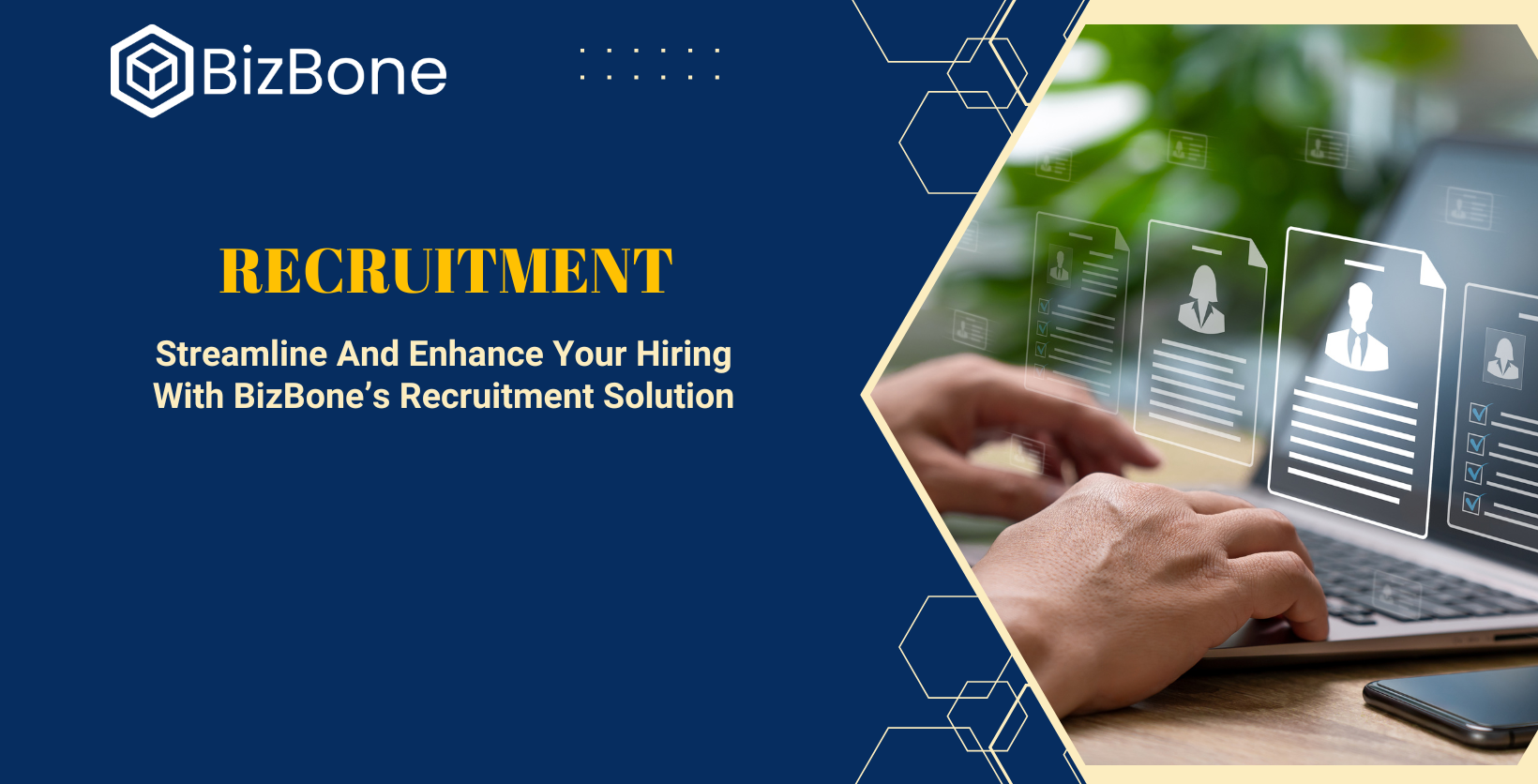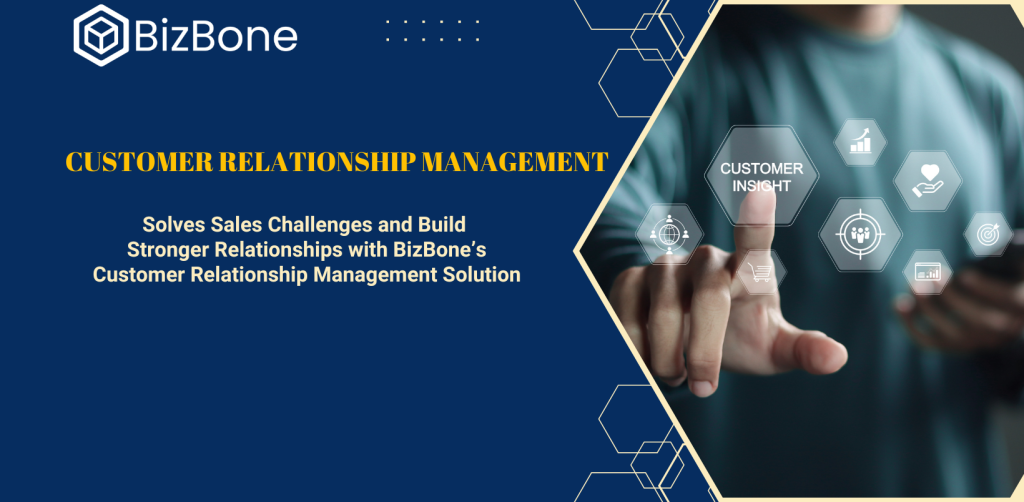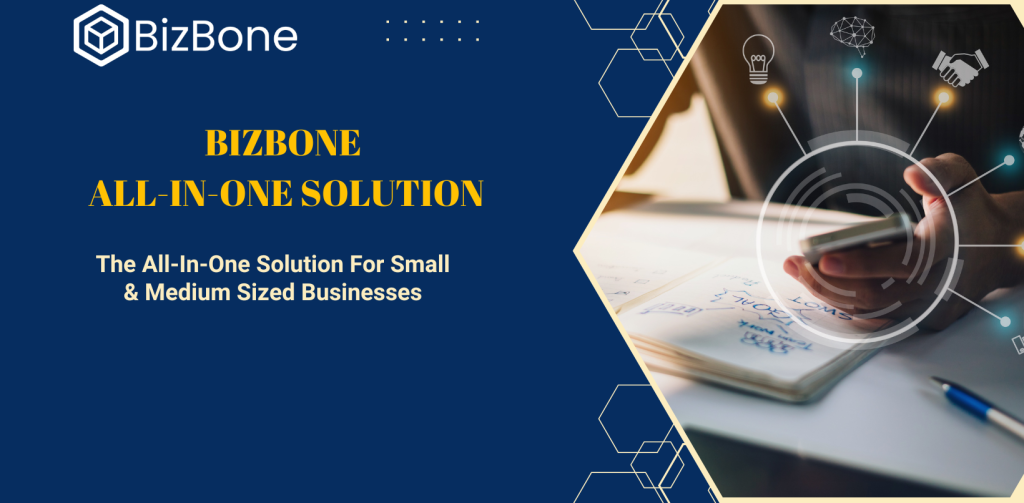Recruiting the right talent is a critical yet challenging task for businesses. It is known that a single bad hire can cost organizations thousands of dollars, not to mention the time lost in correcting the mistake. Lengthy hiring cycles, disorganized processes, and difficulty in attracting top talent are some very common struggles for many companies.
The business landscape is rapidly evolving, with technology driving transformation across every function—and recruitment is no exception. To stay ahead, businesses need efficient tools to streamline and optimize their hiring processes.
The Importance of Optimizing Recruitment Processes
Streamlined recruitment processes leverage structured workflows and advanced technology to minimize inefficiencies, creating a smoother and more engaging hiring experience for both employers and candidates.
Impact on Business Success
Efficient recruitment directly affects business growth, productivity, and employee satisfaction. A well-optimized process ensures that businesses:
- Fill roles faster, minimizing operational gaps.
- Attract higher-quality candidates.
- Create a positive experience that reflects well on their company brand.
Challenges Without Optimization
- Missed Deadlines: Disorganized workflows lead to delays in hiring decisions.
- Difficulty Managing Multiple Candidates: Manual tracking is not only a lot of hassle but also increases the risk of errors and missed opportunities.
- Poor Candidate Experiences: Failing to efficiently manage recruitment not only makes the life of a hiring manager hectic, but inefficient processes can frustrate candidates, leading to talent loss.
This is why it is important to make sure you have an efficient recruitment process that makes your life easy as well as makes the experience for the candidates seamless. This can be achieved with an efficient recruitment system.
Now that we are clear on the “WHY,” let’s understand the “HOW” and “WHAT.” How do you identify the right system, and what is it that makes it perfect for your needs?
Below are some key features that will simplify and enhance your hiring process:
- Centralized Dashboard: Provides a comprehensive view of hiring metrics and tasks, ensuring no steps are missed.
- Requisition Management: Streamlines job creation and tracking with templates and organized workflows.
- Candidate Tracking: Monitors every stage of the hiring process, from application to onboarding.
- Customizable Reports: Delivers insights into hiring trends and identifies process bottlenecks.
- Seamless Collaboration: Enhances communication among hiring teams for quicker decision-making.
- Compliance-Ready Processes: Ensures adherence to labor laws and minimizes risks.
These features collectively improve efficiency, reduce errors, and make the recruitment process more strategic and proactive.
With BizBone’s Recruitment solution, these features and the below best practices become easier to implement, providing tools to automate workflows, centralize data, and enhance collaboration.
- Define Clear Job Roles: Ensure job descriptions are accurate and tailored to attract the right candidates.
- Automate Repetitive Tasks: Use technology to handle tasks like resume screening and interview scheduling, freeing up HR teams for more strategic work.
- Focus on Candidate Experience: Streamline processes to make applications and interviews smooth and professional.
- Leverage Data and Analytics: Use hiring reports to identify trends and refine strategies for future roles.
- Collaborate Effectively: Foster seamless communication between HR teams and stakeholders for quicker decision-making.
Conclusion
Optimizing recruitment goes beyond improving efficiency; it’s about enabling businesses to attract, hire, and retain top talent. With a modern system like BizBone, organizations can tackle common hiring challenges, streamline the recruitment process, and foster seamless integration across departments, driving overall company growth.
Let us help you attract top talent while saving time and resources.
Turn insight into impact- check out Recruitment with BizBone.



